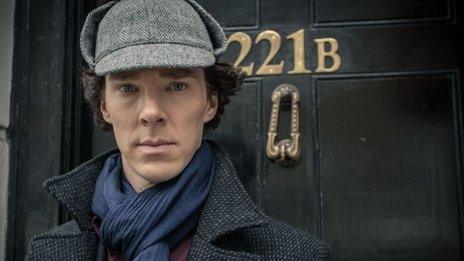US Supreme Court rejects Sherlock copyright case
- Published
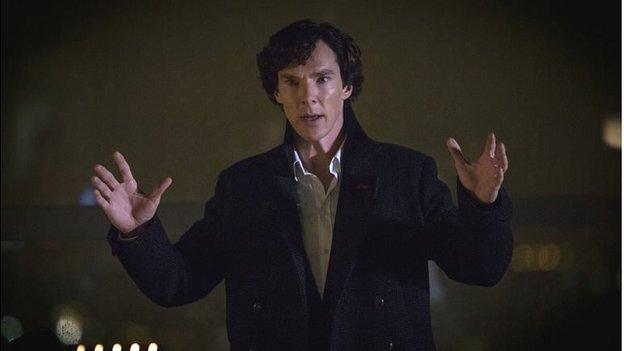
Benedict Cumberbatch stars as the cerebral detective in the BBC's current adaptation of Conan Doyle's stories
The US Supreme Court has refused to hear an emergency petition from the heirs of Sir Arthur Conan Doyle, who are trying to stop the publication of a book based on Sherlock Holmes.
Justice Elena Kagan, who was nominated to the court by President Obama, dismissed the plea without explanation.
The family say Leslie Klinger and Laurie R King should pay a licence fee for using Conan Doyle's characters.
An earlier appeals court decision ruled against the Scottish author's estate.
The seventh US circuit court of appeals in Chicago said that the character of Sherlock, along with 46 stories and four novels in which he has appeared, was in the public domain.
However, 10 further stories, published between 1923 and 1927, are still protected by US copyright, which expires in December 2022.
Sir Arthur's estate have argued this copyright protection means that anyone creating original stories based on Sherlock should pay for the privilege.
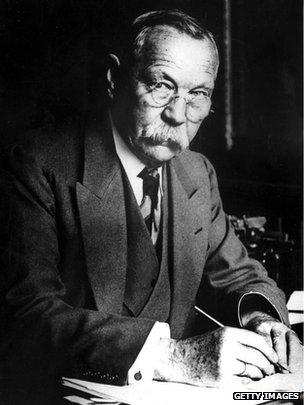
Sir Arthur Conan Doyle, who published his first Sherlock story in 1887, died in 1930
Klinger, a known authority on the cerebral detective, handed over the $5,000 (£2,923) licensing fee when he published A Study in Sherlock: Stories Inspired by the Sherlock Holmes Canon, in 2011.
But when it came to publishing a second volume, he decided to withhold the money, leading Conan Doyle's estate to threaten legal action.
"If you proceed instead to bring out Study in Sherlock II unlicensed, do not expect to see it offered for sale by Amazon, Barnes & Noble and similar retailers," they wrote.
"We work with those [companies] routinely to weed out unlicensed uses of Sherlock Holmes from their offerings, and will not hesitate to do so with your book as well."
However, Klinger sued the estate first, arguing the characters were in the public domain and no fee was due.
The appeals court sided with him on 16 June and now, it appears, the Supreme Court has agreed.
Conan Doyle's heirs told the AFP news agency they would follow up the decision "in the coming months" and looked forward to presenting their arguments in a petition to review the lower court's decision.
Meanwhile, Klinger has petitioned the courts, external to require the estate to pay his legal fees of $70,000 (£40,929).
- Published2 July 2014
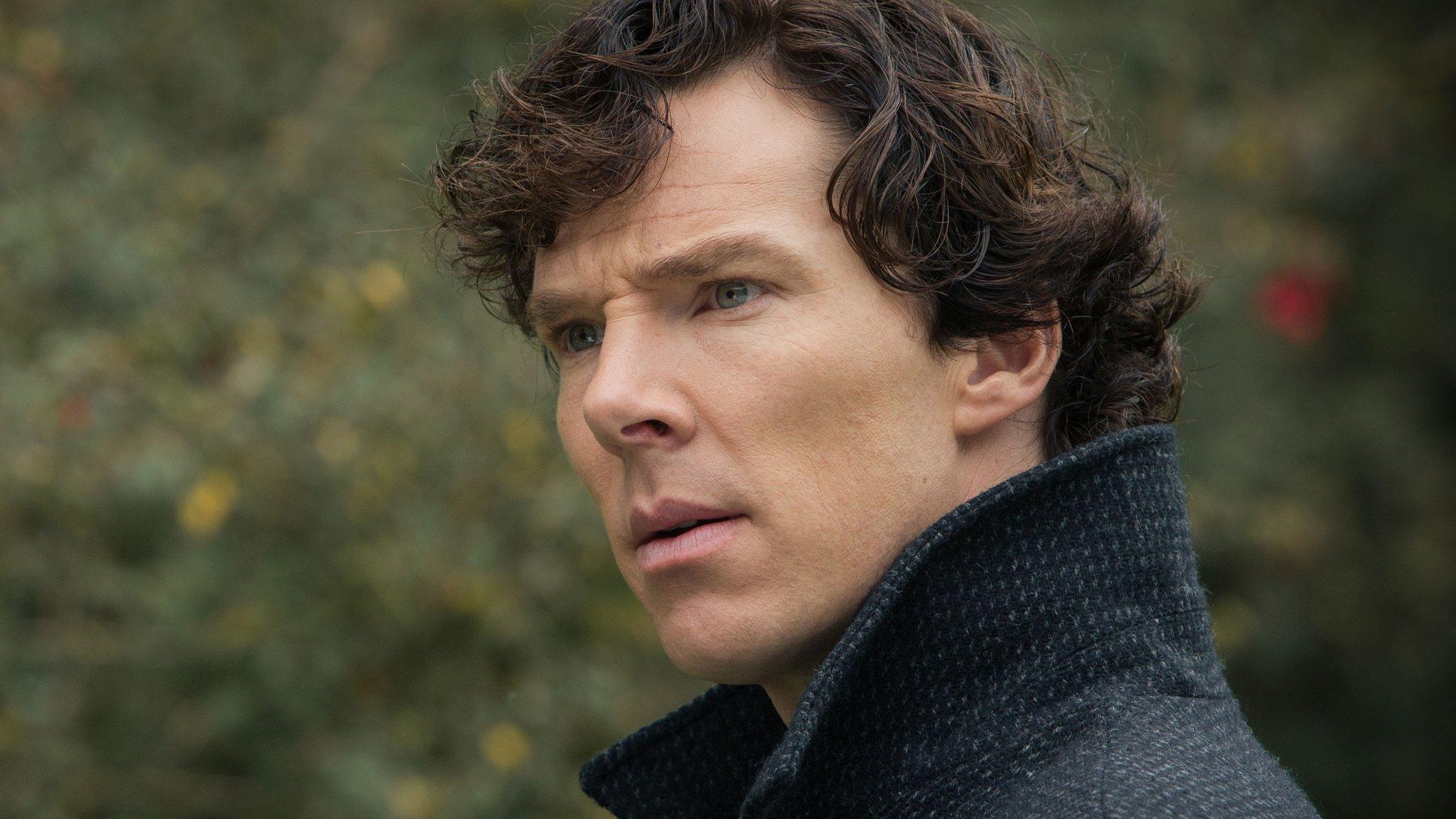
- Published20 May 2014
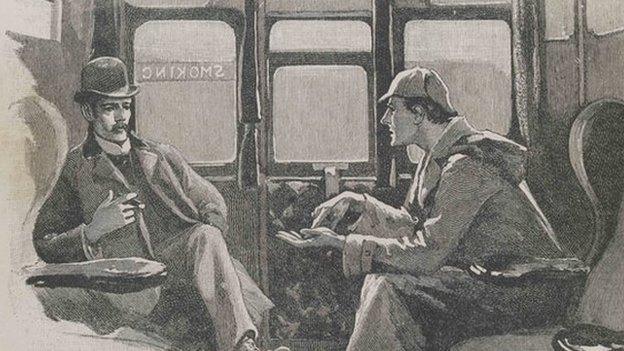
- Published6 February 2014
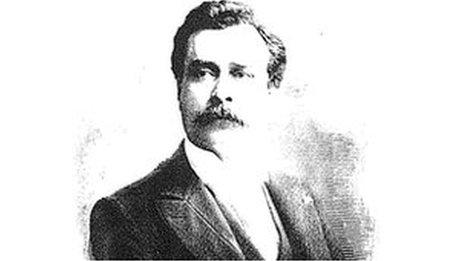
- Published2 January 2014
